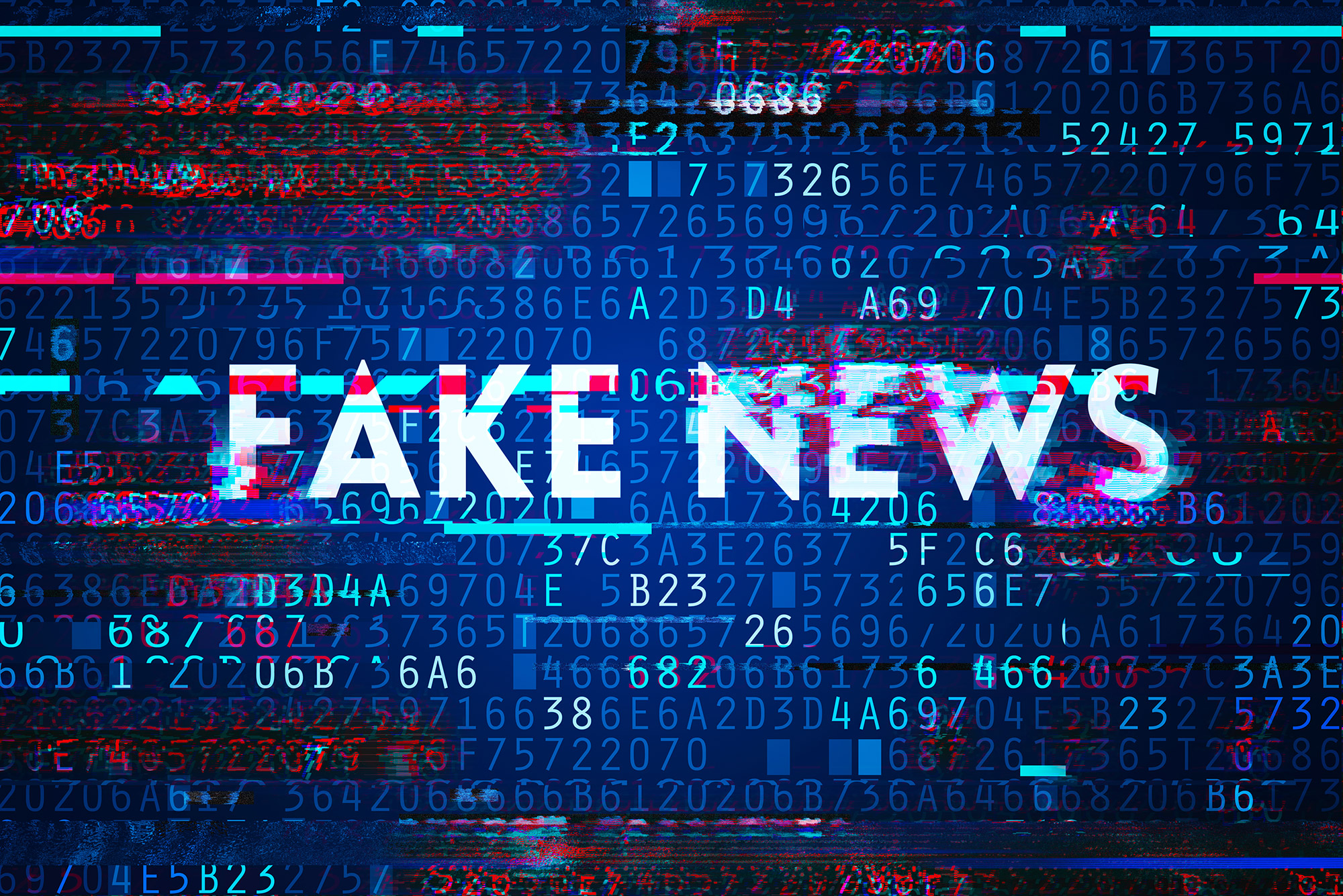Amidst growing concerns about the manipulation of public discourse, major tech companies are taking decisive action to curb the spread of misinformation, particularly in the context of elections.
OpenAI Thwarted Deceptive Activities Influencing Public Opinion, proactively addressing the potential misuse of their AI models for malicious purposes. The company identified and halted five covert operations that sought to leverage AI for deceptive online activities, aiming to sway public opinion or manipulate political outcomes.
Google’s New Policy on Election Ad Disclosures
Google has recently updated its advertising policy, requiring advertisers to explicitly disclose any election ads that utilize digitally altered content to depict real or realistic-looking individuals or events. This policy encompasses alterations to images, videos, and audio content. Advertisers must now select a checkbox specifically indicating the presence of “altered or synthetic content” when setting up their campaigns.
This move is part of Google’s ongoing efforts to combat misinformation and ensure transparency, particularly in the lead-up to elections. The company emphasizes the importance of providing users with the necessary information to make informed decisions when encountering election ads that incorporate synthetic or manipulated content.
Exemptions and Clarifications
Google clarified that ads containing synthetic content with minimal impact on the ad’s claims are exempt from these disclosure requirements. This includes common editing techniques like resizing, cropping, color adjustments, and background edits that do not create misleading depictions of actual events.
Meta’s Similar Policy
Meta, the parent company of Facebook and Instagram, has also implemented a policy mandating advertisers to disclose the use of AI or digital tools for altering or creating political, social, or election-related content on their platforms. This measure aims to promote transparency and empower users to critically assess the authenticity of the content they encounter.
Deepfakes and the Threat to Democratic Processes
The rise of deepfakes, which are convincingly manipulated videos or images that can misrepresent individuals or events, poses a significant threat to democratic processes. In India, fake videos depicting Bollywood actors criticizing the ruling party have surfaced online, highlighting the potential for deepfakes to spread misinformation and manipulate public opinion.













